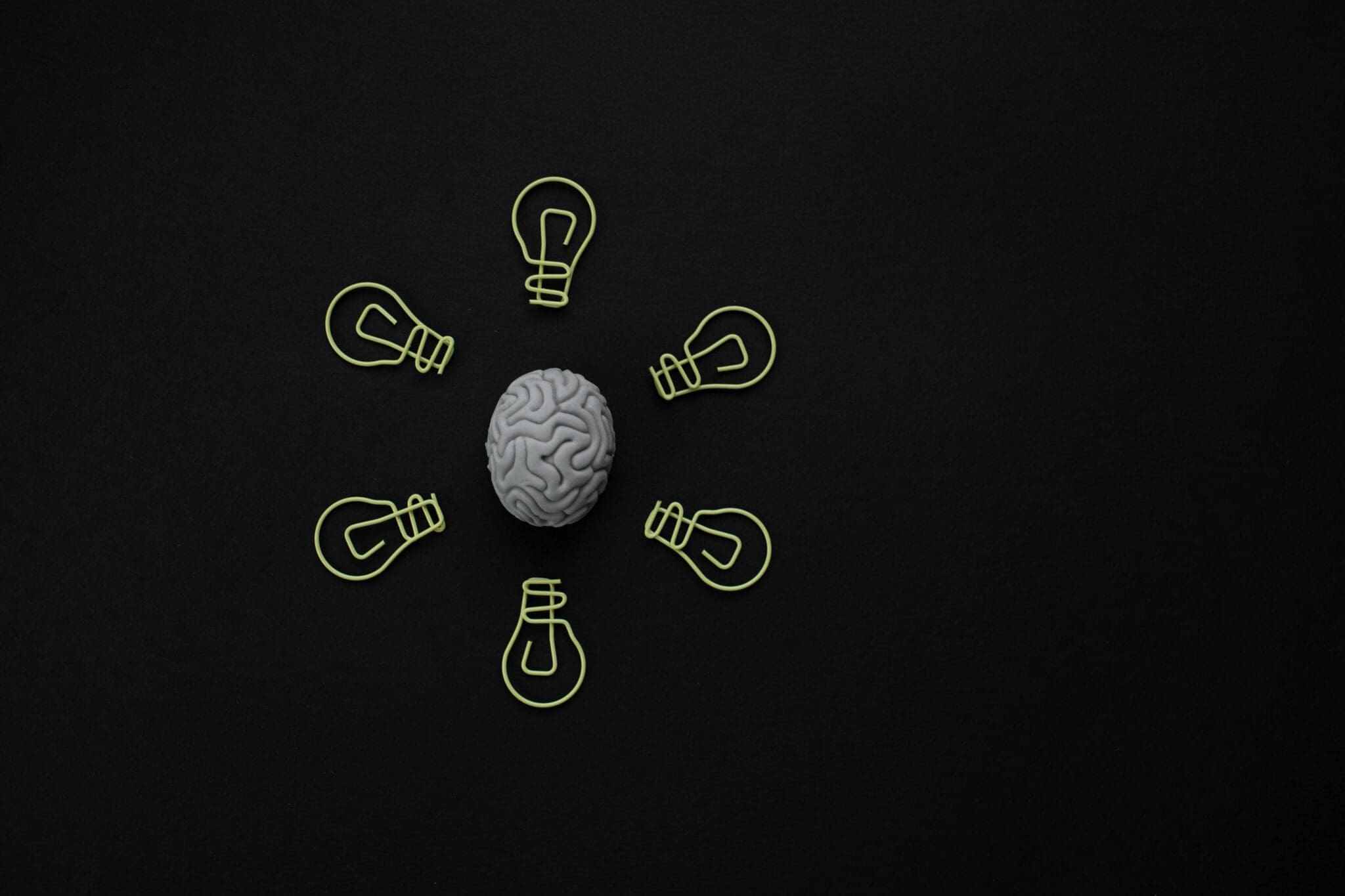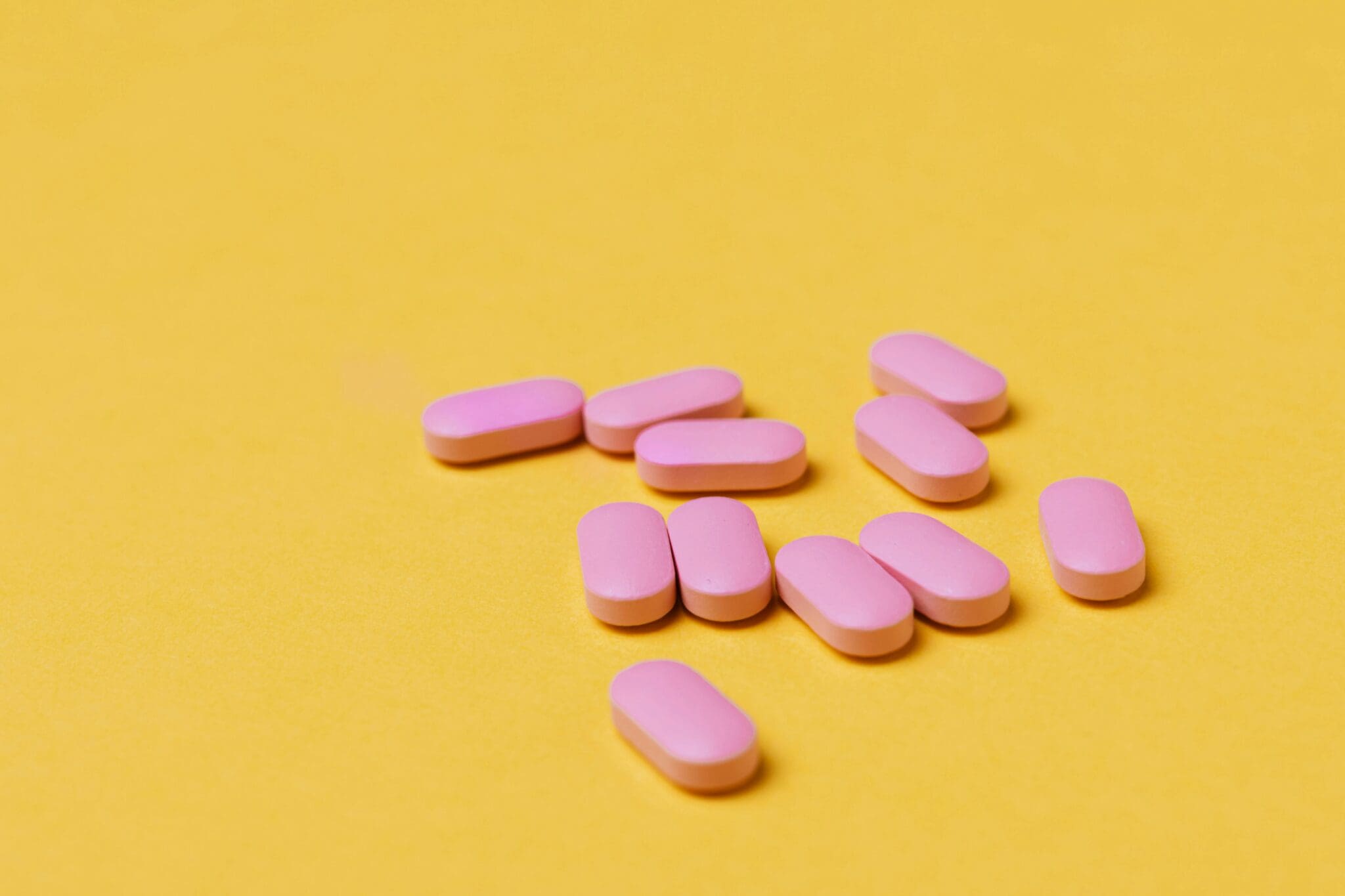Full Disclosure: Clicking on these links could mean a tiny commission for me, at no extra cost to you.
High intelligence is usually seen as a positive trait that predicts success, happiness, health, and even a longer lifespan. However, since the link between anxiety and intelligence has been discovered, it has become obvious that brilliance can come at a cost. In this article, we will explore how anxiety affects intelligence, what the correlation between the two is, and how to effectively cope with persistent worry and fear.
So, let’s dive in.
What Is Anxiety, and How Does It Manifest Itself?

Anxiety is defined as a persistent feeling of worry or fear that can significantly impact one’s daily life. Typically, its symptoms include heart palpitations, sweating, trembling, irritability, nausea, and restlessness. Some anxiety can be normal—for instance, it’s not unusual to feel worried or stressed before a job interview, public presentation, or exam. However, if such feelings are constant and not related to specific events, they may be a sign of an anxiety disorder.
Anxiety disorders come in many forms, but the most common types are:
- Generalized anxiety disorder (GAD): Characterized by persistent worry that lasts over six months, GAD has no specific triggers, and its causes are unknown.
- Panic disorder: People with this disorder frequently experience panic attacks, periods of intense fear, and feelings of impending doom that may or may not have a clear trigger.
- Social anxiety: This disorder entails an excessive fear of being negatively judged in social situations, often leading to withdrawal and avoidant behaviors.
- Specific phobia-related disorders: People with phobias experience intense anxiety when faced with a situation or an item their phobia is all about.
Anxiety is one of the most common mental disorders in the world, affecting approximately 4% of the global population. That number seems to be on the rise, too, especially after the COVID-19 pandemic.
The Link Between Anxiety and Intelligence
The link between anxiety and intelligence has intrigued researchers for a long time, leading to many debates on whether the correlation exists.
On one side of the debate, there’s the argument that highly intelligent people should be more resistant to anxiety, as they generally make better choices and lead more successful lives. In addition, they are more skilled at predicting the outcomes of their actions, which leads to more confidence and security.
However, studies have shown that the opposite is true: there is a positive relationship between high IQ and anxiety.
Namely, in the study linked above, people with GAD scored 10 points higher on an IQ test than those who don’t suffer from it. Of course, that doesn’t mean all highly intelligent people struggle with anxiety, but it’s clear that they are more likely to develop it.
Why Highly Intelligent People Exhibit Anxiety
Highly intelligent people often exhibit anxiety for the following reasons:
- Increased self-awareness. Being self-aware can be both a blessing and a curse; while it gives you a better understanding of yourself, it may also make you self-conscious. That’s because you pay more attention to your mistakes and shortcomings and worry about how others might perceive them.
- Higher empathy. Intelligence correlates with high empathy and a deeper understanding of others. Although these traits are usually desirable, they can also lead to burnout, which, in turn, can manifest itself with anxiety-like symptoms.
- Perfectionism. Highly intelligent people usually have great expectations of themselves, always striving to achieve perfection in whatever they do. This can be a great motivator for self-development, but it can also lead to excess stress, anxiety, or even depression.
- Overanalyzing. People with high IQs are naturally analytical, which is generally a positive trait until it turns into overanalyzing. At that point, it becomes difficult to make decisions, and you may feel stuck in place, constantly going over the same worries and blowing even the smallest issues out of proportion.
- Social isolation. Although highly intelligent people aren’t necessarily introverts or loners, they frequently struggle to find like-minded individuals. This is a common sign of high IQ, as it is prevalent among extremely intelligent people who may feel isolated or misunderstood and, therefore, anxious.
How Can Highly Intelligent People Deal With Anxiety: 4 Coping Strategies
Highly intelligent people can deal with anxiety by practicing mindfulness and meditation, using positive affirmations, or incorporating relaxation exercises into their routines. If none of that brings the desired results, it’s always a good idea to seek professional help.
Let’s examine some of these coping strategies in more detail.
#1. Practice Mindfulness & Meditation
Meditation has been used to calm anxious thoughts long before anxiety was recognized as a disorder; in fact, it’s been around for thousands of years.
Recently, several studies have explored its actual effectiveness on mental wellness, and, as it turns out, regular meditation may be just as good at soothing anxiety as medication. Those who practice it report feeling calmer and more grounded in the present moment instead of worrying about the future or the past.
Furthermore, meditation takes only about 15 minutes daily, meaning that everyone can find time for it. Even with a busy schedule, you can dedicate a few minutes upon waking up or before bed to collect your thoughts and do a few quick breathing exercises.
Exclusive Offer: Download The #1 Mindfulness App Here
#2. Use Positive Affirmations
Positive affirmations are uplifting phrases that can boost your mental health when used regularly. In a way, they work like a mental pat on the back, encouraging you and reassuring you that you’re on the right track.
Here are three common positive affirmations to incorporate into your daily routine:
- “I will release what I cannot change.”
- “I am getting better and better every day.”
- “I breathe, I am collected, and I am calm.”
Of course, you can make up your own positive affirmations or draw inspiration from the hundreds you can find online. What matters is to repeat them regularly, preferably every morning, before starting another day.
#3. Try Progressive Muscle Relaxation
Progressive muscle relaxation (PMR) is a technique used to help alleviate symptoms of anxiety, stress, insomnia, or chronic pain. It has a lot in common with meditation, but there’s a greater focus on physical relaxation, which, according to experts, should also result in mental wellness.
Typically, PMR takes approximately 20 minutes and involves contracting one group of muscles (e.g., a leg or arm) while inhaling, then exhaling and quickly releasing tension. After a short break of a few seconds, you move on to the next group and continue until you’ve relaxed all the muscles in your body.
This relaxation technique is especially effective at night when you’re lying in bed. As you slowly relieve the tension in your body, you’ll find yourself drifting to sleep in no time.
#4. Seek Professional Help
Sometimes, anxiety doesn’t go away, no matter what you try on your own. In that case, the best option is to visit a mental health professional experienced in dealing with anxiety disorders.
Typically, therapists use a mix of cognitive behavioral therapy (CBT) and medication when treating anxiety. CBT involves breaking down your thoughts, feelings, and behavior patterns and analyzing whether they are helpful and how they can be changed.
Aside from CBT, therapists often prescribe anti-anxiety medication or certain antidepressants that can also be used to treat anxiety disorders.
Final Thoughts
The correlation between anxiety and intelligence is fairly straightforward—the more intelligent you are, the more likely you are to experience seemingly unfounded worry. This may lead to avoidant behaviors and significantly impact the quality of your life.
Luckily, anxiety can be brought under control with coping strategies, therapy, and medication. In other words, even if you are diagnosed, your disorder doesn’t have to prevent you from leading a happy, successful life.









